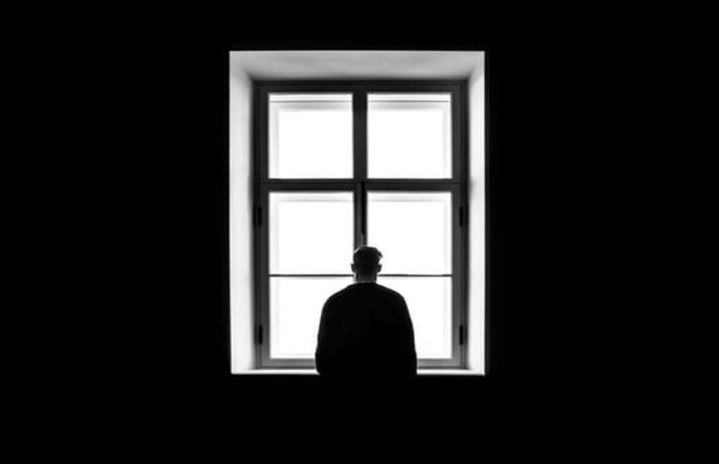College is a place of growth, academically and socially, but it can also be the place for the perfect $h*t storm to happen. Throw in a global pandemic and students have another stressor added to the well-known one, yet this one has an unpredictable end.
Recently I had a big, and by big, I mean HUGE, breakdown. Usually, I’d be embarrassed to share this information with anyone, nonetheless the internet. But I’m tired of being ashamed; just want to get better for my own sake. I found that the main reason for my nervous breakdown was that I neglected my mental health, which had been steadily decreasing, and pretended everything was hunky-dory for quite some time. Please don’t lie to yourself, instead give yourself the empathy that you would to a loved one. One of the hardest things in life is to be gentle to yourself, and now that I am on the road to recovery, I have to remind myself to do this every day. Harry Styles once beautifully sang, “Treat People With Kindness,” and he meant it for you to be kind to yourself, too.
Being kind to myself led me to actually admit that I had problems, a whole easter basket of them. Here, outlined below are the steps I took and that you can take, too, to help you overcome the darkest days.
Crisis Assessment: First, are you in an immediate crisis? Crisis, according to the National Alliance for Mental Illness, can be identified as social withdrawal, irregular expression of feelings, mood disturbances, changes in behavior, and thought disturbances. If you suspect that you are in crisis, please contact a mental health expert or your county’s mental health crisis unit. For detailed information, visit https://www.nami.org/Support-Education/Publications-Reports/Guides/Navigating-a-Mental-Health-Crisis/Navigating-A-Mental-Health-Crisis. Knowing whether or not you are experiencing a crisis can determine if you need immediate action or if you can wait for an office appointment a couple of days later.
Get Treatment: Addressing a nervous breakdown is critical to work alongside a professional to create a treatment plan that helps you recover from the current episode and prevent future ones. Treatment looks different for everyone. There are many options and combinations of them, such as group therapy, counseling, psychologists, and psychiatrists. Don’t be afraid to explore your options and to mix and match to get the utmost care for yourself!
Adjusting your Lifestyle: Making lifestyle changes that helped eliminate or minimize stressors made a noticeable impact on my treatment. I’m not saying having a proper diet and sleep schedule solves your problems, but it certainly helps! Cutting back on alcohol, nicotine, and my biggest addiction, caffeine, has helped my restlessness significantly. Now that the air has gotten cooler in Texas, I will be trying to incorporate more cardio by going for runs. During treatment, lifestyle changes are usually discussed, and more specific alterations can be made just for you!
Find your Support: Getting back to normal, or a new normal, is ultimately the end goal, and support from your close circle can encourage you to keep on. While you have friends and family, you should not limit yourself to just your closest loved ones! Contemplate reaching out to coworkers, professors, and community members that are willing to be there for you. Perhaps you can even try to make new friends! Support doesn’t always need to be announced; it can come in the form of quality time and words of affirmation. Cultivating relationships and cherishing moments serves to remind us that we are loved and that there are people happy that have us here.
Remember what you love, who you love, and that you are LOVED. Times being hard doesn’t mean that you’re not deserving of seeing better days. Never forget that you are WORTHY!



